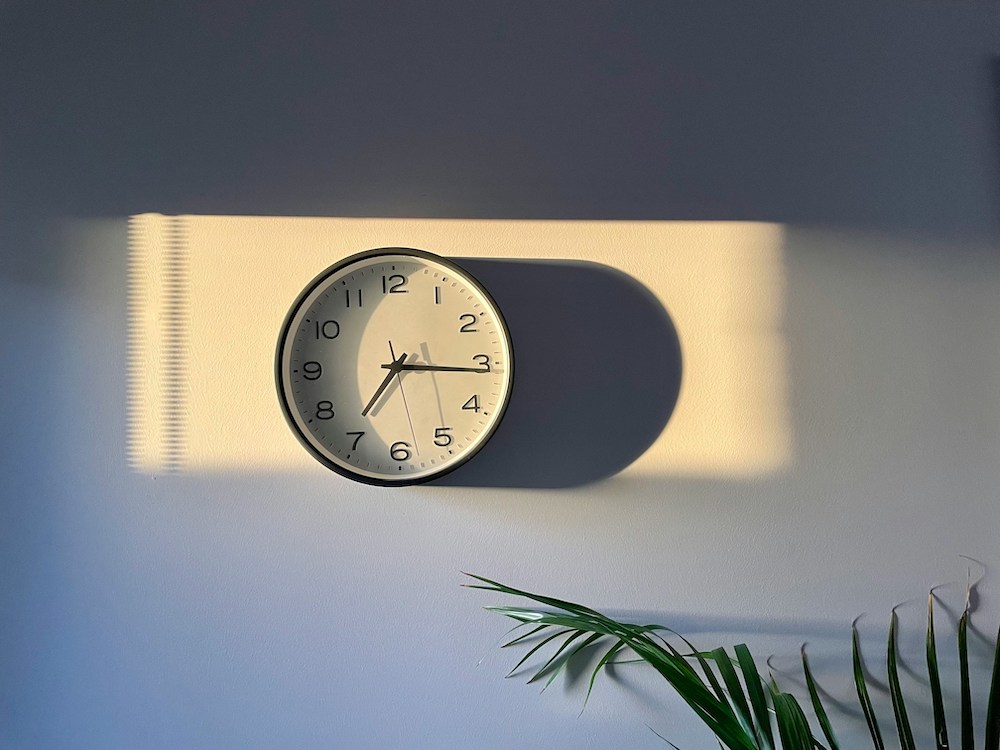Unlike the old adage “What came first the chicken or the egg?” which can be debated until the end of time, the question “Is it better to buy or sell first” can be definitively answered for anyone. Of course, there isn’t going to be one right answer for every client, property, or market dynamic, but rather a right answer given each client’s specific situation. Working with a top agent is an easy way to get the right answer, but by asking yourself a few high-level questions about the market, and your objectives, you can get a good idea about what makes the most sense for you.
What Type of Market Are We Currently In?
The first factor and likely the most crucial factor to consider is the market itself: is it a buyers’ or sellers’ market right now and how is this going to affect prices in the near future? A good agent should be able to tell you where the market sits at anytime and at what extremity, but if you want to do some of the research yourself, you can look at the sales to listing ratios on your local real estate board and get a sense of which way things are trending.
How often does the real estate market change? Read this post to find out!
Market Type 1: A Seller’s Market
If you’re sitting in red-hot sellers’ market, you’re not only going to be able to sell your property more easily, but as it’s also likely prices are rising in this environment, you should also feel less pressure to rush your sale process. On the flip side, in this market dynamic where demand is outpacing supply and prices are rising, the sooner you can secure your next property the better. There’s also a far greater chance of facing competitive offers for a new property in this situation and depending on the level of competition you may be facing; you may be forced to buy first at the risk of becoming temporarily homeless.
Market Type 2: A Buyer’s Market
Conversely, if the market is trending towards the buyers’ favour and you’re seeing an increase in the supply of listings, a general market slowdown, and a potential dip in average price moving forward, the sooner you can lock in a sale price for your existing property the better. In this situation, it’s far more probable you’ll be able to secure a new home after you sell and even likely you’ll be able build additional equity in the market by waiting as longer to purchase.
Planning to buy or sell in the near future? Here are some blogs to help you out:
- When is the Best Time to Buy a Home in Toronto?
- Are Discount Real Estate Agents Worth It?
- How to Choose the Right Type of Mortgage
What if Neither Apply?
If the market is sitting at either one of these extremes, that’s likely all you need to know as you won’t have much choice in the matter. If the ‘current’ of the market is super strong in either direction, you don’t want to be the only fish swimming upstream!
However, if the market is more balanced on either side of the spectrum, the secondary criteria to build is around your own risk tolerance and your objectives. If you are looking for your one and only “dream house”, say one of five lots in a very specific area, I think you know you’ll have to buy first regardless of the market conditions. Buyers this picky may only get one shot at their dream every few years, so they may need to take a risk in order to make the dream a reality.
Again, on the flip side of this, if you’re the buyer who just needs an extra bedroom and is willing to look within a few different neighbourhoods to get it, you’re going to have so much more flexibility and choice in the market. In a balanced market, a very risk adverse buyer like this is likely to sell first to know exactly what sort of budget they have to buy with, and a more risk tolerant buyer might opt to buy first if the right opportunity came along.
What Really Matters
Generally, I recommend that after you’ve made the decision to move, you prepare as much as possible on both the buy side and the sell side regardless of the market so you can conduct both transactions in the same market conditions. You can win big if the market shifts in between your purchase and sale, but you can also lose big, or worse get stuck in between two properties.
Most homeowners are fairly risk adverse, as evidenced by the overwhelming purchase of the five year fixed rate mortgage, and it’s best to leave your gambling for the casino. Making sure your buying and selling in the same market takes most of the “market risk” out of your move, but don’t forget that the only way to really mitigate the remaining ‘transaction risk’ is to make sure you have the right agent represent you.
Looking for buying or selling advice? Get in touch by calling 416.642.2660 or emailing admin@torontorealtygroup.com. We’re always happy to chat!

Want More Insights From TRG Experts?
Sign up here to receive Insights Magazine delivered to you. This resource is full of market advice and industry intuition from our team and colleagues to keep you up-to-speed on the ever-changing Toronto real estate market.








